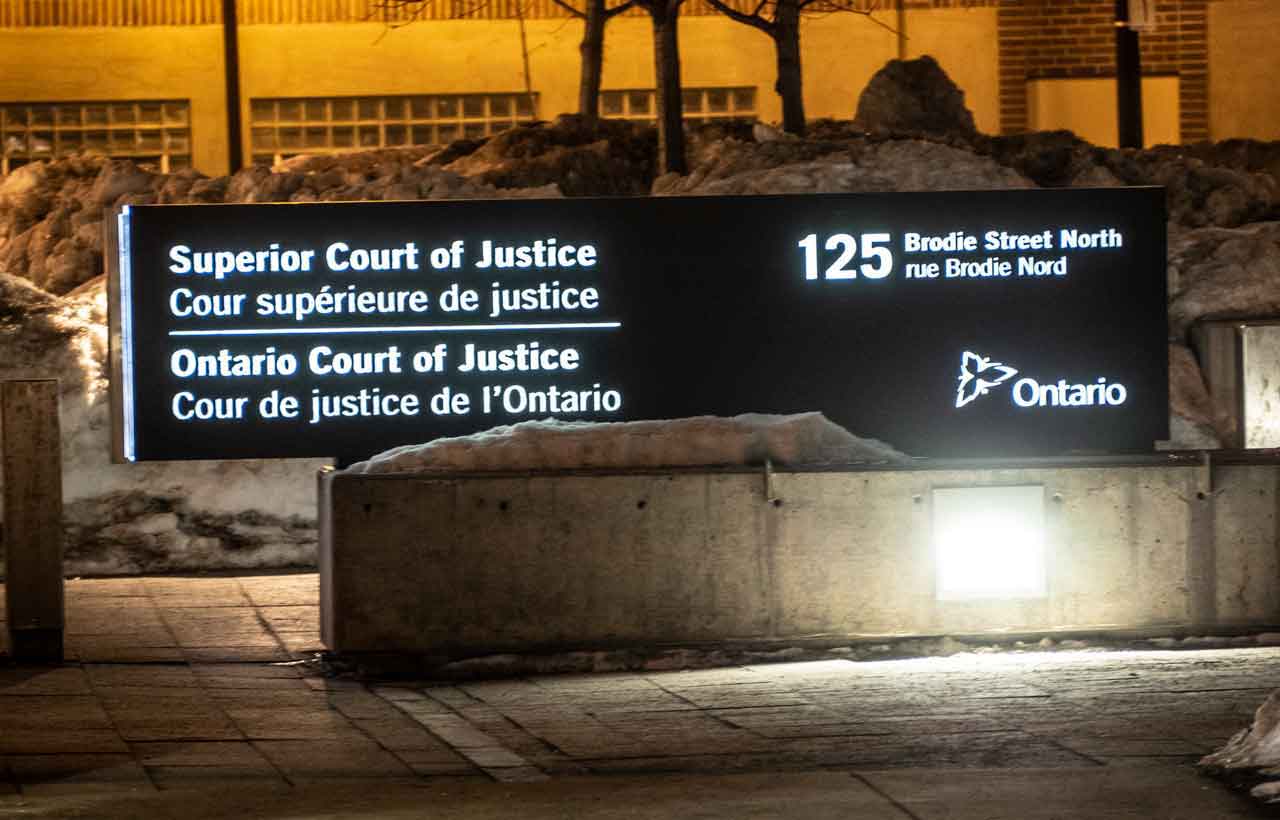Court Calls for Immediate Action to Resolve Judicial Vacancy Crisis
OTTAWA – POLITICS – The Federal Court of Canada has issued a stern rebuke to Prime Minister Justin Trudeau and his cabinet, declaring they have failed in their constitutional responsibility to fill judicial vacancies. This declaration came from Justice Henry Brown, who emphasized the urgent need for the government to address what he termed a “crisis” level of vacancies by appointing judges to the 75 open positions.
Justice Brown’s ruling is unprecedented, setting a new legal standard by affirming that the duty of a prime minister and cabinet to appoint judges is not merely a matter of convention but carries enforceable legal obligations. This ruling sheds light on the significant impact that the lack of judicial appointments has on the functionality of Canada’s criminal and civil justice systems, highlighting the real-world consequences of governmental inaction.
This critical assessment from the Federal Court serves as a compelling critique of the Trudeau administration’s handling of judicial appointments. It underscores the necessity for swift governmental action to rectify the current vacancy crisis and restore the integrity of Canada’s judicial system. The ruling not only has implications for the legal community but also signals a call to action for the federal government to fulfill its constitutional duties.

Why Does this Matter?
Leaving judicial appointments vacant can have several profound impacts on Canadians, touching on various aspects of the justice system and broader societal implications. Here’s an analysis of how these vacancies can affect the country:
1. Delayed Justice
With fewer judges available to hear cases, the most immediate and visible impact is the delay in the processing of both criminal and civil cases. These delays can mean that individuals accused of crimes spend longer periods waiting for their day in court, potentially infringing on the principle of “justice delayed is justice denied.” For civil cases, individuals and businesses seeking resolution in disputes face prolonged uncertainty and the associated stresses and costs.
2. Overburdened Justice System
Judicial vacancies contribute to an overburdened system where the judges who are in place face increased caseloads. This can lead to rushed decisions or less time for consideration of complex legal matters, potentially compromising the quality of justice delivered.
3. Access to Justice
The efficiency of the justice system is crucial for ensuring access to justice for all Canadians. When cases are delayed, it disproportionately affects those who may not have the resources to sustain prolonged legal battles, thus exacerbating inequalities within the justice system.
4. Impact on Public Safety
In criminal law, delays can mean that individuals who might be a danger to the community are not processed through the system swiftly. Conversely, it can also mean that those wrongfully accused are left in limbo or, worse, in custody, for longer than necessary.
5. Economic Implications
For businesses involved in litigation, delays can have significant economic implications, including lost opportunities and the costs associated with prolonged legal processes. This can deter investment and have a ripple effect on the broader economy.
6. Public Confidence in the Justice System
Perhaps one of the more insidious effects of judicial vacancies is the erosion of public confidence in the justice system. When the public perceives that the system is inefficient or unfair, it undermines the rule of law and the legitimacy of government institutions.
Addressing judicial vacancies promptly is essential not just for the smooth functioning of the justice system but for upholding the principles of justice, equity, and efficiency that underpin Canadian society. The recent Federal Court ruling against the current government’s handling of judicial appointments highlights the urgency and importance of fulfilling this constitutional responsibility.







